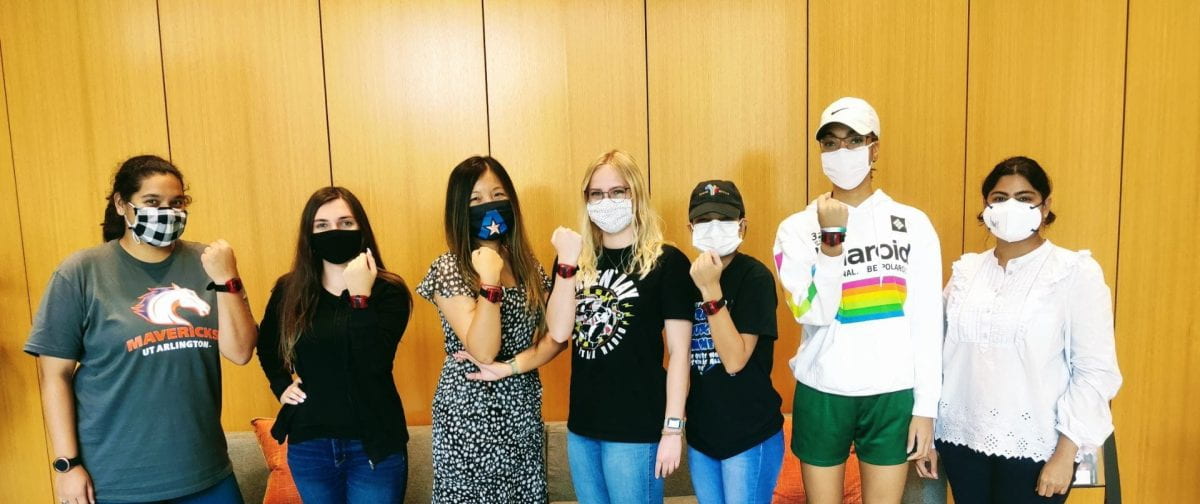
CANCER SURVIVORS MAKING STRIDES IN COMMUNITY-BASED EXERCISE PROGRAMS
In a new research article published in Cancer, researcher and assistant professor Dr. Yue Liao in the Department of Kinesiology, and co-lead author of the paper, found that cancer survivors improved their quality of life, physical activity level and physical functioning after completing a 12-week group-based exercise program.
Liao and her partners conducted their research through Active Living After Cancer (ALAC), a Cancer Prevention and Research Institute of Texas funded program at The University of Texas MD Anderson Cancer Center. Their findings show that community-based programs, like ALAC, could be able to reach and support medically underserved populations of cancer survivors and improve their physical functioning. The team focused their research on minority and medically underserved cancer survivors due to the lack of access they often have to physical activity resources.
Liao is now continuing her research to investigate how survivors can maintain the positive benefits these evidence-based programs have garnered. “My new pilot study is looking to understand how we can help people maintain those behaviors,” said Liao. “It makes sense that as long as they participated, they can make changes, but what happens after? I want to explore if these cancer survivors can maintain their new behaviors once the program is finished.”
Liao plans to recruit participants for her research who have finished the ALAC program or who are currently participating, or planning to participate in the FitSteps for Life program at UTA. FitSteps for Life is an evidence-based cancer rehabilitation program designed to assist cancer survivors in achieving and maintaining as much functional mobility and endurance as possible during their cancer experience.
“I hope to capture a wide range of cancer survivors in their stages of behavior change, those who are thinking about making a behavior change, currently making a change, maintaining a behavior, failed to maintain a behavior, to better understand the motivation related to physical activity and their daily experiences. From there, we can look at what additional support may be needed for behavioral maintenance for these populations,” said Liao.
Liao’s new pilot project, titled Project REMOTE: Research to Examine Motivation to Exercise, also incorporates the use of wearable sensors to monitor participants’ daily activities and electronic ecological momentary assessments using a smartphone app to survey participants’ feelings, symptoms, perceptions, motivations, and contextual factors related to physical activity behaviors throughout their day. This strategy provides her with high resolution data about determinants of motivation and barriers to exercise in daily life. This study is funded by the UTA College of Nursing and Health Innovation Center for Research & Scholarship’s pilot grant program.
– Written by Sarah McBride, College of Nursing and Health Innovation
https://www.uta.edu/academics/schools-colleges/conhi/news/recent/2021/10/11/cancer-survivors
